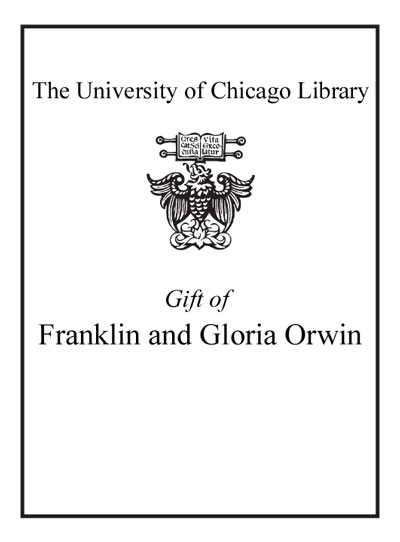Review by Choice Review
Bugajski provides detailed coverage of political developments in 18 countries of Eastern Europe, excluding Russia. The purpose of the book is to provide both a directory and a comprehensive guide to the political systems and political parties that have emerged during the 1990s. Bugajski, Director of the Eastern Europe Project for the Center for Strategic and International Studies, has written numerous books and articles about post-Soviet politics in Eastern Europe. The book provides an overview of each country, examining major political developments including the structure of the political system, the relative strength and the particular roles of the most important political organizations, and the key issues faced by each state. Political parties, movements, and organizations are identified. Each country chapter has a standard format: historical overview, postcommunist developments, political parties, political data, and election results through the 1990s up to the date of publication. Excellent introductory and concluding essays focus on pluralism, democratization, and strategic significance. The detailed table of contents replaces a general index; indexes include abbreviations, personal names, and party names. Collections supporting study of Eastern Europe or political science. J. Levy University of North Texas
Copyright American Library Association, used with permission.
Review by Library Journal Review
This book serves a real need in current reference literature. The bewildering history of political parties in post-Communist Eastern Europe is at once a centerpiece of the region's democratic transition and a source of persistent confusion. There exists a volatile array of party names, personalities, and movements, and Bugajski (director, East European Studies, Ctr. for Strategic and International Studies, Washington, DC) appears to have neglected none of them among the countries he treats. Also, after more than a decade since the collapse of Eastern European communism, a sufficient history of regional electoral activity has accrued to make this book's painstakingly assembled data of particular value for comparative research. Country entries balance a broad account of each state's history with descriptions of all parties, including small ethnic and local groups, an especially valuable feature for the Balkan nations. An introductory essay called "Pluralism and Democratization" offers a workmanlike if uncritical review of the current literature and most major questions on the transition. Finally, separate indexes of party and personal names enhance the book's utility. This work's major weakness is its exclusion of Russia and parts of the former Soviet Union outside of Europe, yet the cost and the length of the present volume suggest that a single comprehensive work would have been especially difficult to prepare. Although a book of this scope can be recommended comfortably for what it includes, some libraries may consider it preferable to invest in the current edition of Political Parties of the World, edited by Alan Day. Zachary T. Irwin, Pennsylvania State Univ., Erie (c) Copyright 2010. Library Journals LLC, a wholly owned subsidiary of Media Source, Inc. No redistribution permitted.
(c) Copyright Library Journals LLC, a wholly owned subsidiary of Media Source, Inc. No redistribution permitted.
Review by Choice Review
Review by Library Journal Review

